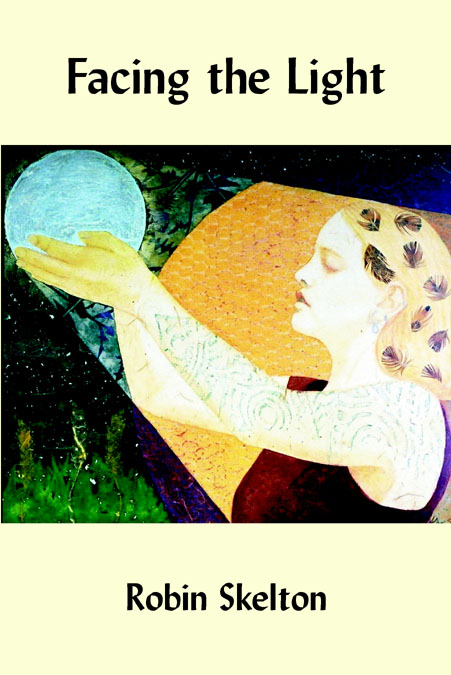
In these last poems completed shortly before his death in 1997, Robin Skelton finished the journey he had begun over seven decades previously: he created his birth. Seeing the world as a journey from darkness to light, he brings us here, after a long, often halting journey through poetry, ritual, and magic, to a unified view of the world. Life for Skeleton is all about birth: from the baby descending the birth canal, to the artist recreating his self, to the lover merging with the other, to moments of spiritual awakening, and to death, all his experiences have been experiences of birth. For Skeleton, to face the light, is, finally, not to flinch in the face of human insignificance, nor to shy from possible significance, marred by its transience, but to steadily gaze into it, with full knowledge, and to be at peace. These moving, often heartbreaking, poems of childhood, love, and loss, including the deaths of his son and of his closest friends, present a Skeleton known only to a few. Facing the Light is a poignant, bittersweet book of faith and transcendence. It presents a voice of wisdom that has renounced all wisdom and entered, at last, the things of this world, deliberately, measuredly, and with mixed sadness and joy facing transience and death. Lost after Skelton’s death, the manuscript of Facing the Light was rescued from Skelton’s posthumous papers by Skelton’s student and longtime friend Harold Rhenisch and edited over the course of two years. It includes a reconstruction of Skelton’s last long poem, “Meditation at Samhain,” from Skelton’s scattered papers, the completion of his series “Words for Witches,” and ends with one of the strongest, clearest poems of mortality in world poetry.
During his life, Robin Skelton was a poet, critic, editor, fiction writer, anthologist and translator. He was called Canada’s Merlin, its Wizard of the West. In his work he explored many poetic forms, including some oriental forms rarely, if ever, explored by a western poet. Skelton passed away in 1997, but just as he mentored many young writers during his life, his writing continues to influence the life and work of a new generation of poets.
Poetry
120 Pages
$19.95
6 x 9
Now available